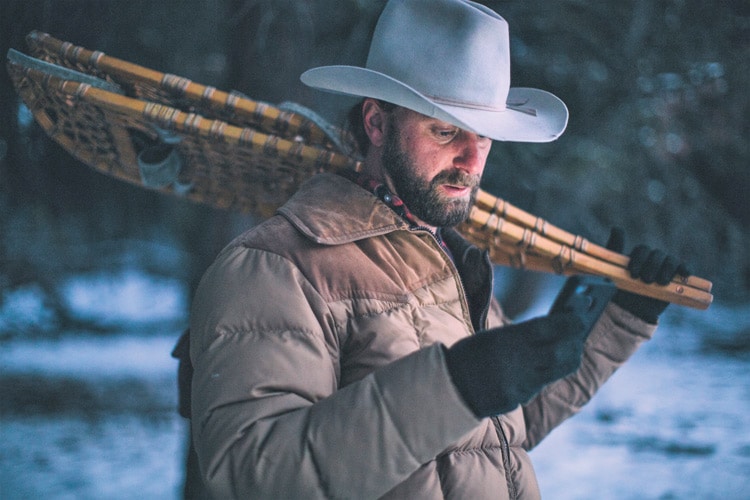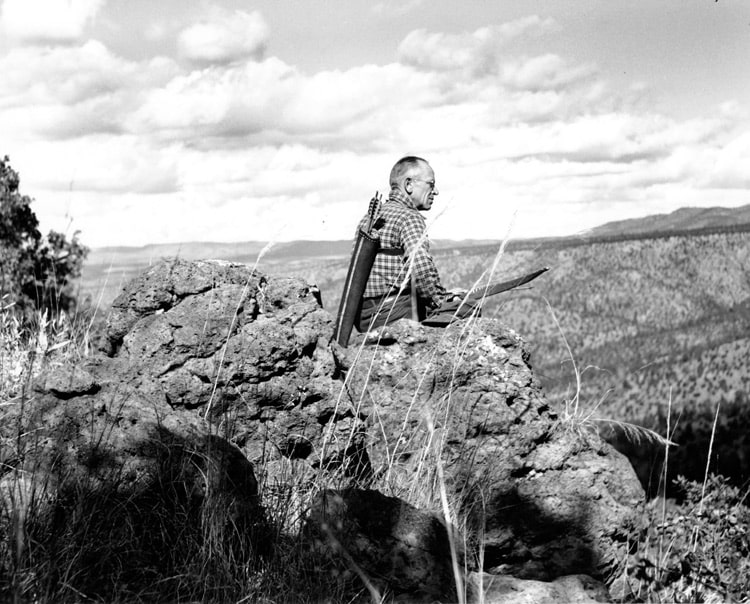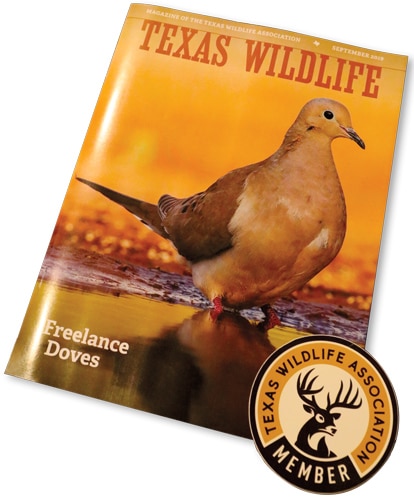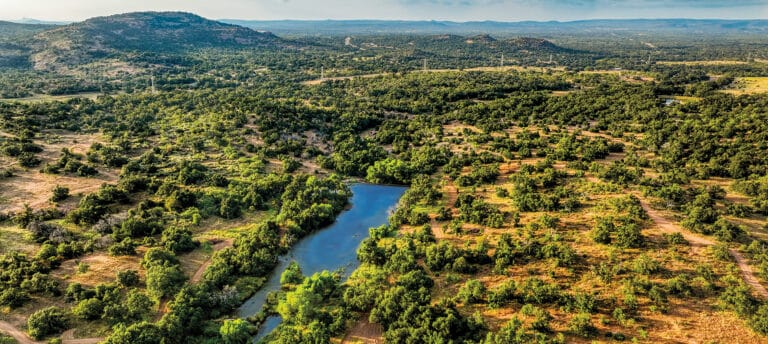Regardless of our chosen field of endeavor, I think we are all well-served to strive for high levels of professionalism, and there are certainly some fields that tend to lack these industry-wide standards, with the outfitting (hunting and fishing) industry in the U.S. being one of those. Don’t get me wrong, there are many great pros in this space, but when it comes to the outfitting business, people often get into the business for the wrong reasons, overlooking fundamental business features, and though I think this industry has made some positive strides over the last decade, there is still an abundance of room for improvement.

Professionalism is often easy to recognize when you see it but is a bit more difficult to define. Webster says that professionalism is “The conduct, aims, or qualities that characterize or mark a profession or a professional person.” Cambridge claims that professionalism is “The combination of all the qualities that are connected with trained and skilled people.” In my book, professionalism is not the job that you do, but how you do the job. There are some intrinsic features that characterize professionalism, and there are other traits which are much more amorphic and esoteric. Entire books have been written on the subject, but for the sake of space limitations and brevity, I’ll share a few simple thoughts that are germane to this topic.
Look the Part
First impressions matter, and dressing for the occasion is a basic tenet of professionalism that is not terribly complex. If you are a fishing guide or hunting guide, then sport the type of attire that is representative of that activity. Dress sharp, do not wear soiled clothing, and be mindful of the environment of those around you; in other words, you may want to think twice before wearing bloody camo clothing while picking up hunters at the airport. If you are a tour guide, don’t show up to work looking like an auto-mechanic, and vice versa. Looking the part also includes having the appropriate equipment and gear that is vital to the trade, so make sure that you have the best equipment that you can afford, as it’ll reflect well on your performance and it’ll be appreciated by your clientele. And remember, the most important thing you can wear to work is the smile on your face.
Competency
True professionals are always trying to hone their skills and knowledge. In today’s modern world of Google, there is an endless sea of information at our fingertips, so it only makes sense to use this technology as a source for intellectual advancement. Do your research on plant and animal taxonomy, basic principles of ecology, history of the region that you work, equipment, first aid and safety and many other relevant topics that interact with your trade. But, don’t forget that in the hunting and fishing industry there is no full replacement for what can be learned in the outdoor classroom, so it’s a must to also enhance your competency through the lessons that are only taught afield. And for you old crusties, like me, always bear in mind that education is a lifelong process, so don’t fall victim to becoming too set in your ways.

Ethics
Ethics is a topic that can be highly esoteric, representing a discussion that can take various paths, many that are somewhat hard to define. People tend to get their hackles raised when certain trade practices get questioned regarding the ethical virtues of such practices. However, bottom line, is that hunters and fishermen must be even more conscientious today than ever before regarding the value standards that society establishes on what is cool and what is not. For outfitters, they should have an elevated duty to be ambassadors and coaches, leading by example and advocating the importance of ethical standards within the industry. Distilled down to its rudiment, one of my definitions of ethics is doing the right thing for the right reason, even when there is no gallery to spectate.

While on the topic of ethics, as it relates to the outdoor world, I’d be remiss to not briefly mention Aldo Leopold’s philosophies on land ethics. In his A Sand County Almanac, a classic text of the environmental movement, Leopold argues that there is a critical need for a “new ethic,” an ethic dealing with humans’ relation to land and to the animals and plants which grow upon it. That concern was raised in his writings as early as 1949! So, clearly, Leopold recognized a problem or need relating to our relationship with the land (and its animals) some 70 years ago, and it’s my opinion that our hunting and fishing communities have done a less than stellar job of controlling the narrative regarding sportsmen’s role and relationship with the land and the game resources that are tied to the land; industry professionals should take lead in these efforts.
Giving Back
As far as I’m concerned, being a true professional requires an obligation to re-invest in the trade, and in the case of the natural resource world, re-investing in the resource. Perhaps the most convenient and effective way to accomplish this need of “giving back” is through existing NGOs. Groups such as Rocky Mountain Elk Foundation, Trout Unlimited, Sierra Club, Ducks Unlimited, Dallas Safari Club, National Wild Turkey Federation, National Wildlife Federation, Izaak Walton League, Texas Wildlife Association and many others are great platforms to leverage your time and resources that benefit hunters, anglers and outdoors enthusiasts, while also greatly benefiting our important natural resources. Plus, you’ll find a relevant community of like-minded people who often re-charge your batteries and create excitement and pleasure into your work and into your life.
Though Americans tend to view doctors, lawyers, accountants and engineers as the professionals of our society, I contend that such designations are as aptly applied to other fields, as well. With the values and importance that wild things and wild places represent to a healthy country, I think it’s incumbent that tradesmen in our wildlife fields, including outfitting, seize the moment and carve out a professional path that represents high moral and operational standards.

